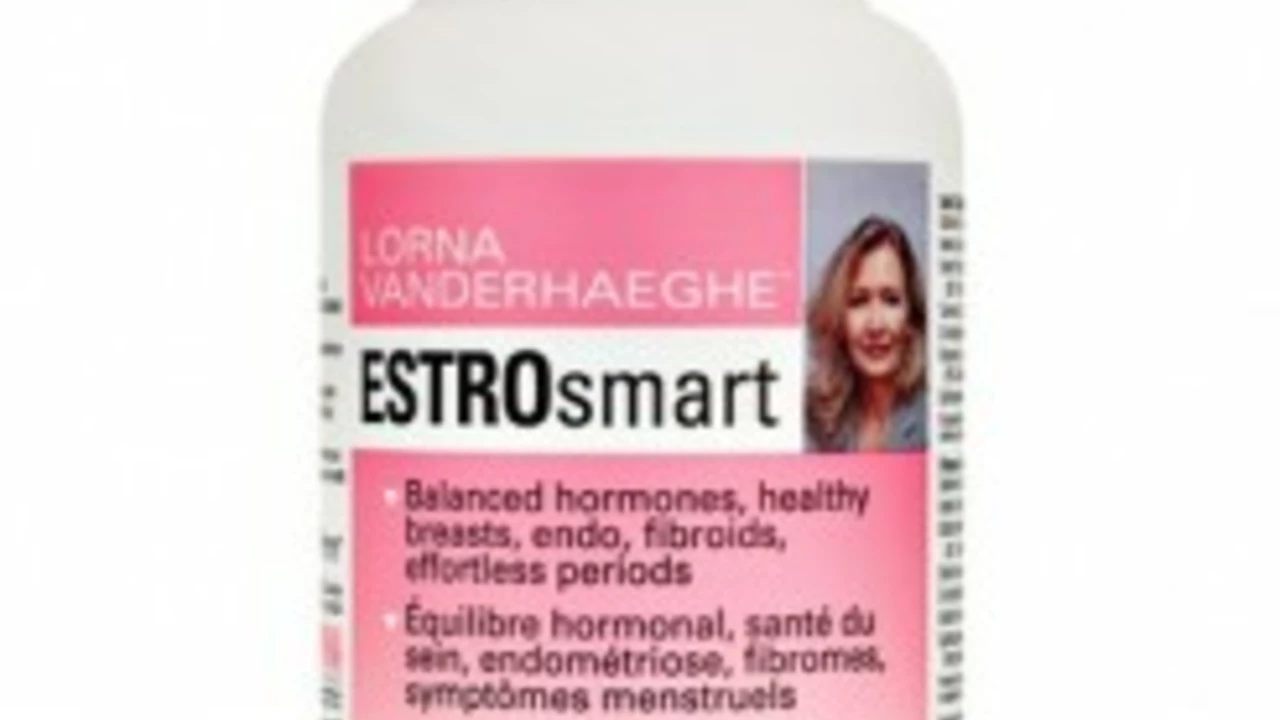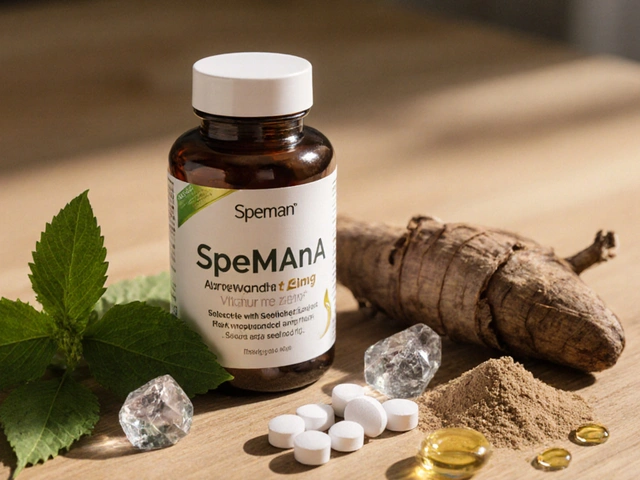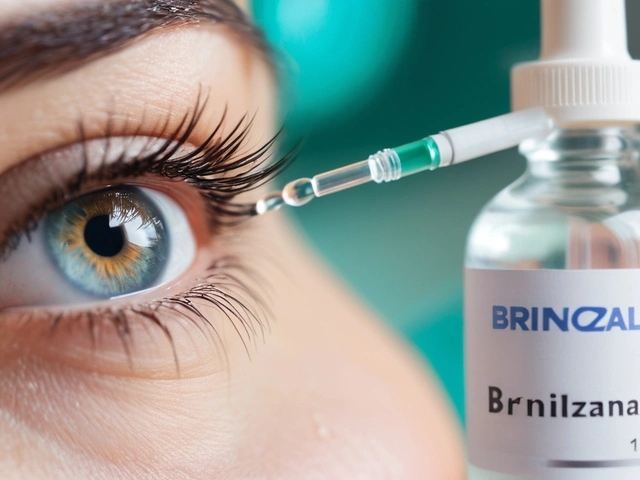Menopause: Practical Guide to Symptoms, Treatments, and Everyday Care
Menopause is more than hot flashes. It’s a shift in hormones that changes sleep, mood, bones, and sexual health. If you’re noticing irregular periods, night sweats, brain fog, or vaginal dryness, this page will help you sort options fast—what works, what’s safe, and what to ask your doctor.
Symptoms often start slowly. Hot flashes and night sweats are the most common and can last months or years. Sleep disruption follows, making fatigue and mood swings worse. Vaginal tissues thin and dry, raising discomfort during sex and the chance of urinary infections. Bone loss speeds up after menopause, so screening and calcium plus vitamin D matter.
Medical treatments that help
Hormone replacement therapy (HRT) eases hot flashes, improves sleep, and reduces vaginal symptoms. Short-term HRT is effective but has risks for some people, especially with a history of blood clots, certain cancers, or stroke. Non-hormonal drugs also work: low-dose antidepressants (SNRIs or SSRIs) can lower hot flashes, gabapentin helps night sweats, and topical estrogen creams treat vaginal dryness without high systemic exposure.
Everyday strategies that make a difference
Cuts in caffeine and alcohol often reduce hot flashes and sleep problems. Layered clothing and a cool bedroom help night sweats. Regular weight-bearing exercise protects bone and mood; walking, strength training, and balance work are good choices. For sudden mood shifts, talk therapy and support groups are practical tools. Pelvic floor exercises and water-based lubricants ease sexual discomfort.
Herbal supplements like black cohosh and soy are widely tried, but results vary and interactions with other meds happen. Always tell your doctor about supplements, especially if you take blood pressure drugs, antidepressants, or blood thinners. Smoking makes symptoms worse and speeds bone loss; quitting is one of the best moves for long-term health.
Screening and prevention matter. Ask your provider about bone density testing and follow vaccine and cancer screening schedules. If you have hot flashes that wake you multiple times a week, sudden severe mood changes, heavy bleeding after a long break from periods, or any new lumps, see a clinician promptly.
Choosing the right plan is personal. Consider your medical history, symptom severity, and how much risk you’ll accept. Many people do well with a short course of HRT plus lifestyle changes. Others prefer non-hormonal meds and targeted local treatments for vaginal symptoms. Keep a symptom diary for a few weeks—tracking timing, triggers, and severity makes appointments more productive.
If you want quick next steps: schedule a checkup, bring your symptom diary, list current meds and supplements, and ask about bone density and menopause-focused treatment options. Small changes now can prevent fractures, improve sleep, and make daily life easier.
If you care for someone going through menopause, listen and keep notes on symptoms and triggers. Help with doctor visits and medication schedules. Encourage healthy meals and activity. Small practical supports—reminding about appointments, helping with cool bedding, or joining a walk—reduce stress and make treatment choices easier for both of you. Ask for help.




